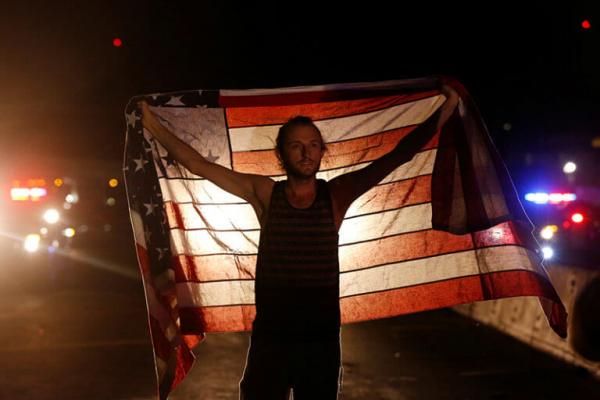Nov 10, 2016
I am upset by the results of the election, and I am particularly saddened that 81 percent of white American evangelicals got into bed with a monster on Nov. 8. But I am also encouraged and have not lost hope.
Here’s why:
Around 11:15 p.m. Tuesday, my 15-year-old daughter, frustrated by all she was seeing on the television, stormed out of the room and announced: “Dad, I am going to bed. I am embarrassed for my country.”
Read the Full Article

Already a subscriber? Login
